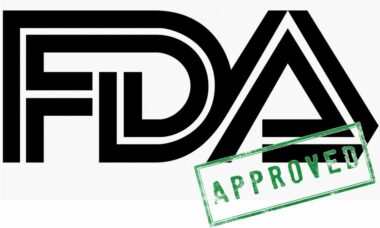
Substantial equivalence: the market approval process in detail
19th April 2017 - Regulatory reports , Topic regulatory reports |
This report examines the current ways the e-cigarette industry in the U.S. has to get premarket approval from the FDA for new products, including detailed definitions of what constitutes a new product.



















































